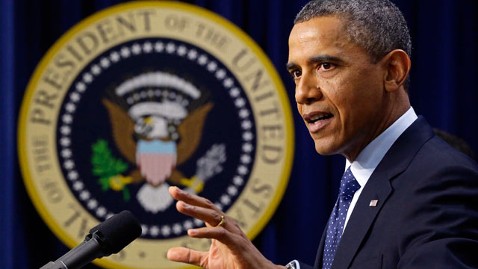ALEPPO, Syria: Japanese trucker Toshifumi Fujimoto is bored with his humdrum job, a daily run from Osaka to Tokyo or Nagasaki hauling tanker loads of gasoline, water or even chocolate.
Yet while the stocky, bearded 45-year-old could spend his free time getting a jolt of adrenaline by bungee-jumping or shark hunting, he puts his life on the line in a most unusual way.
He's become a war tourist.
Fujimoto's passion has taken him from the dull routine of the highway to Syria, where as part of his latest adventure in the Middle East's hot spots he shoots photos and video while dodging bullets with zest.
He was in Yemen last year during demonstrations at the US embassy and in Cairo a year earlier, during the heady days that followed the ouster of longtime president Hosni Mubarak. Later this year, he plans to hook up with the Taliban in Afghanistan.
But for the moment, he is wrapping up a week's tour of the northern Syrian city of Aleppo, which for going on six months has been one of the hottest spots in a conflict that has cost more than 60,000 lives, according to UN figures.
He already spent two weeks in the war-torn country at the end of 2011, taking advantage of a tourist visa, but this time he has entered the country clandestinely from Turkey.
Dressed in a Japanese army fatigues and armed with two cameras and a video camera -- Japanese, of course -- Fujimoto heads for whatever frontline he can every morning to document the ongoing destruction of Syria's second city and one-time commercial capital.
Fujimoto, who doesn't speak English, much less Arabic, has picked up a few words, such as "dangerous" and "front line".
"I always go by myself, because no tour guide wants to go to the front. It's very exciting, and the adrenaline rush is like no other.
"It's more dangerous in Syria to be a journalist than a tourist," he said, describing how "each morning I walk 200 metres to reach the 'front', and I'm right there on the firing line with soldiers of the (rebel) Free Syria Army."
"It fascinates me, and I enjoy it," he says, as some FSA fighters stop him in one of the Old City's streets to have their picture taken with him.
"Most people think I'm Chinese, and they greet me in Chinese," he smiled.
He takes his time getting his shots right, as the rebels he hangs out with shout from both sides of the street: "Run! Run! There are snipers. Run!"
But he ignores them, finishes shooting and casually walks away with photos that he will later post on his Facebook page to share with his friends.
"I'm not a target for snipers because I'm a tourist, not like you journalists," he told a reporter, "Besides, I'm not afraid if they shoot at me or that they might kill me. I'm a combination of samurai and kamikaze."
Fujimoto won't even wear a helmet or a flack jacket.
"They are very heavy when it comes to running and it's more fun to go to the front without anything. Besides, when they shoot it's fun and exciting."
Fujimoto said his employers don't know he's in Syria.
"I just told them I was going to Turkey on holiday; if I'd told them the truth, they'd tell me I'm completely crazy."
But though some might doubt his sanity, no one can question his financial foresight, which is rooted in the sadness of his personal life.
Fujimoto is divorced, and says "I have no family, no friends, no girlfriend. I am alone in life."
But he does have three daughters, whom he hasn't seen for five years, "not even on Facebook or the Internet, nothing. And that saddens me deeply," he said as he wiped away a tear.
So he's bought a life insurance policy, and "I pray every day that, if something happens to me, my girls might collect the insurance money and be able to live comfortably."
Fujimoto doesn't make any money off his photography, and spent us$2,500 (1,894 euros) out of his own pocket for the flight to Turkey. Then there's another us$25 a day that he pays a local resident, who puts him up in his house and gives him Internet access.
In his week in Aleppo, he has covered all the battle fronts -- in the districts of Amariya, Salaheddin, Saif al-Dawla, Izaa -- and though he's shared many of the images he's captured, one of them has stuck in his mind.
He opened a file on his laptop to show the partly decomposed body of a seven-year-old girl in Saif al-Dawla, gunned down by a sniper, which has lain unclaimed for months.
One wonders if any of his daughters could be the same age, but there was no way to pry more out of him, as he wept every time they were brought up.
"I love children, but Syria is no place for them. A bomb can snuff out their lives at any moment," he said, as some FSA fighters asked him to join them in Saleheddin and he ambled off down the street toward the sound of fighting.
-AFP/fl














